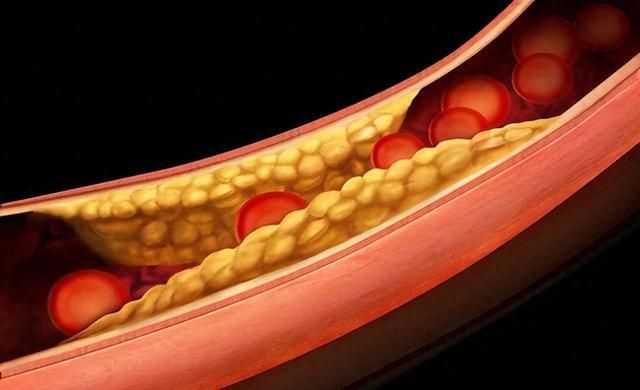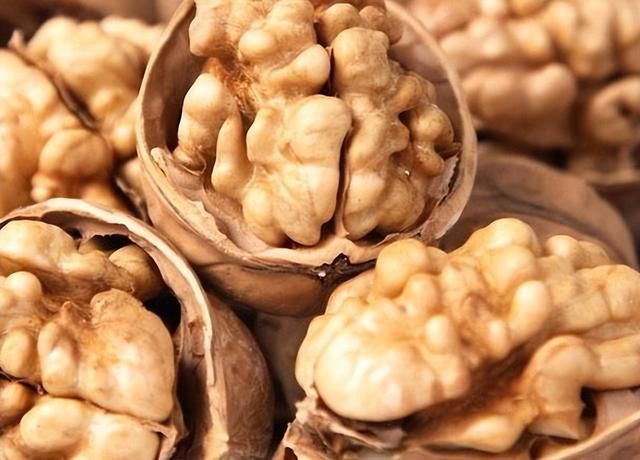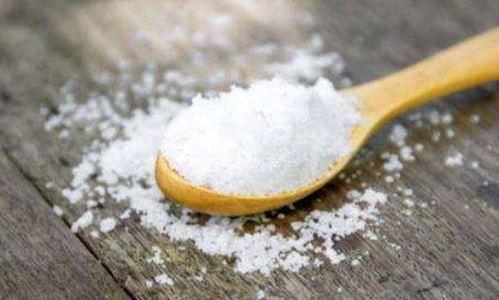Introduction: Hyperlipidemia, a disease known as the “invisible killer”, is increasingly becoming an invisible bomb threatening the health of modern people. It is called the “three highs” together with high blood pressure and hyperglycemia, and it is also a major cause of cardiovascular and cerebrovascular diseases. important inducement. Avoid eating these foods if your blood lipids are high.
According to data, the prevalence of dyslipidemia among adults in China is as high as 18.6%. Converted into a specific number of people, 160 million people across the country are currently struggling with dyslipidemia. Behind this number are hypercholesterolemia and high triglycerides: blood pressure and low high-density lipoproteinemia.

Faced with such health challenges, we often hear some dietary taboos about blood lipids in our daily lives. Among them, the most widely circulated statement is that people with high triglycerides should not eat walnuts.
So, is this statement based on scientific evidence, or is it just a misunderstanding?
Triglyceride is a fatty substance in the blood, mainly derived from food intake and synthesis in the body. When too much fat is consumed or the body’s ability to metabolize fat decreases, triglyceride levels will increase. Therefore, people with high triglycerides need to control their fat intake, especially saturated fat and trans fat. As a kind of nut, walnuts do contain a certain amount of fat. However, these fats are mainly unsaturated fats, especially monounsaturated fats and polyunsaturated fats, such as linoleic acid and alpha-linolenic acid.

These unsaturated fatty acids are beneficial to the human body. They help lower cholesterol, reduce the risk of cardiovascular disease, and maintain the health of the nervous system. Therefore, moderate consumption of walnuts will not cause elevated triglycerides. Of course, this does not mean that people with high triglycerides can consume walnuts without restraint. Any food should be consumed in moderation. Excessive consumption of walnuts may lead to excessive caloric intake, thereby increasing weight and fat accumulation. For people with high triglycerides, they also need to pay attention to the intake of other high-fat foods, such as fried foods, fatty meats, etc. Therefore, it is not that people with high triglycerides cannot eat walnuts, but they should eat them in moderation.

- Melon seeds and peanuts Melon seeds and peanuts are a kind of snack that many people like to eat in life. Some people also like to have a plate of fried peanuts during meals to accompany the food and drinks. But if you are a person with high blood lipids, it is best to eat less, because melon seeds and peanuts contain a lot of oil and are very high in calories. If you eat too much, your blood lipids will rise.
- High cholesterol foods Cholesterol is one of the important components of human cell membranes and hormones, but when excessive intake of cholesterol can lead to increased cholesterol levels in the blood. High-cholesterol foods mainly include animal foods, such as egg yolks, liver, brain, kidney, crab roe, lobster, etc., as well as high-fat meat, butter, cream, etc. Therefore, patients with hyperlipidemia should try to reduce their intake of these foods.
- High-salt foods Consuming too much salt or high-salt foods can reduce the elasticity of blood vessel walls, laying the foundation for complications of hyperlipidemia. If you want to control salt, you should not only add less salt when cooking, but also stop adding salt after adding chicken essence, tempeh, oyster sauce, and salty sauces, and you should also reduce the number of meals you eat out. In addition, snacks such as potato chips, crispy rice, candied fruits, as well as ham, luncheon meat, pickles, salted duck eggs, etc. should also be eaten less.
- Sweets In life, sweets are loved by many people. Foods with high sugar content will bring people a sense of taste pleasure and a feeling of happiness. However, it is best to eat less sweets. Even doctors have given “sugar control” ” signal. Because after sugar enters the human body, it will increase the metabolic burden on the liver, kidneys and other organs, and will also convert sugar into triglycerides, increasing the incidence of cardiovascular and cerebrovascular diseases such as hyperlipidemia. Therefore, foods high in sugar, even vegetarian foods, , but also learn to control. If the triglyceride level increases, the first thing to do is to adopt a low-fat diet, appropriately control the oil content in food, and eat as little fried food as possible. If the value is within 2.3mmol/L, it can be reduced by controlling diet. If the value has reached above 5mmol/L, drug intervention is required. For the elderly or patients with many underlying diseases, such as cerebrovascular disease, heart disease, etc., the cut-off point for treatment is 2.3mmol/L, because the low-density cholesterol has become normal and the triglyceride level is still higher than 2.3mmol/L. L, the residual cardiovascular disease risk is relatively high. From the perspective of risk reduction, it is best to control the triglyceride value more strictly, and it is most appropriate to reach 1.7mmol/L. If there are no underlying diseases and the triglyceride value is above 5mmol/L, intervention and treatment are required. If it is 2.3-5mmol/L, it can be controlled through lifestyle intervention. If the triglyceride level is not up to the standard, drug intervention is required.
- Eat regularly. Eat regularly and quantitatively every day to avoid overeating, which can help maintain the stability of blood lipids. At the same time, choosing low-fat, high-fiber foods such as vegetables, fruits, and whole grains can also help lower triglyceride levels.
- Increase the amount of exercise, whether it is walking, running, swimming or yoga, as long as you persist, it will have a positive impact on your health. Of course, it is best to consult a doctor before starting any new exercise plan.
- Manage Stress Chronic stress and anxiety may cause the body to produce more stress hormones, which may increase triglyceride levels. Therefore, learning to manage stress effectively, such as through meditation, deep breathing, social activities, etc., can help you lower triglycerides.
- Regular check-ups: Through regular check-ups, you can keep abreast of your triglyceride levels so that you can take appropriate measures to make adjustments. At the same time, regular check-ups can also help you discover and deal with other possible health problems promptly.

Also Read https://growmorehealth.com/
